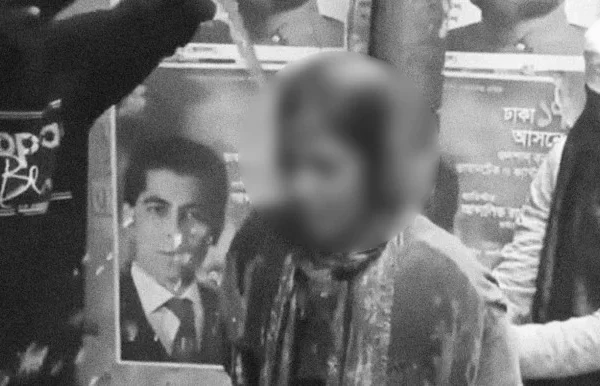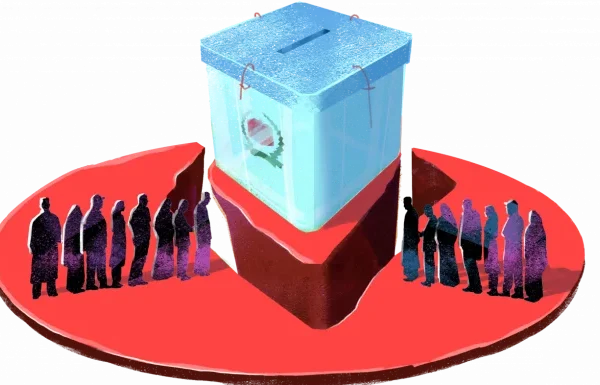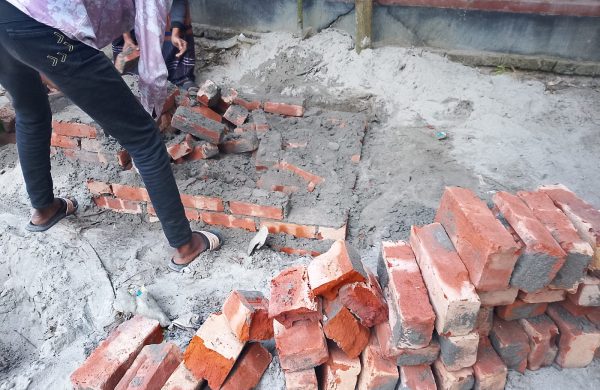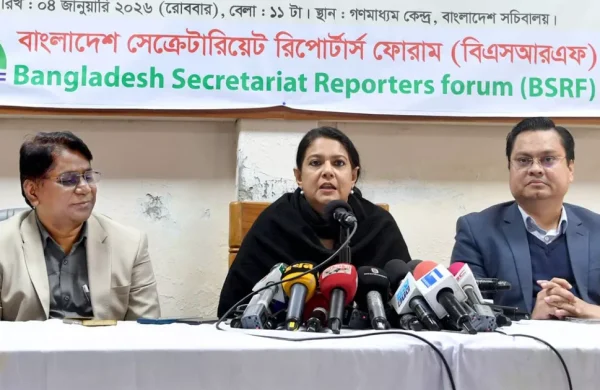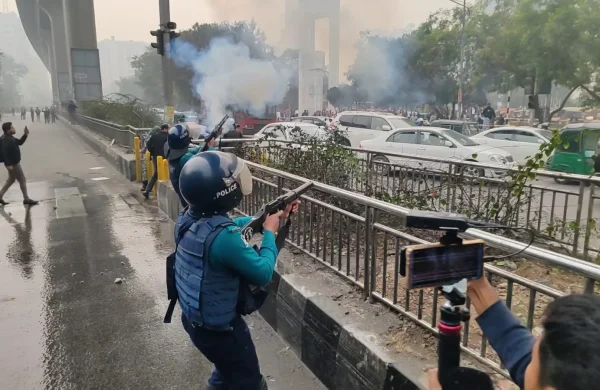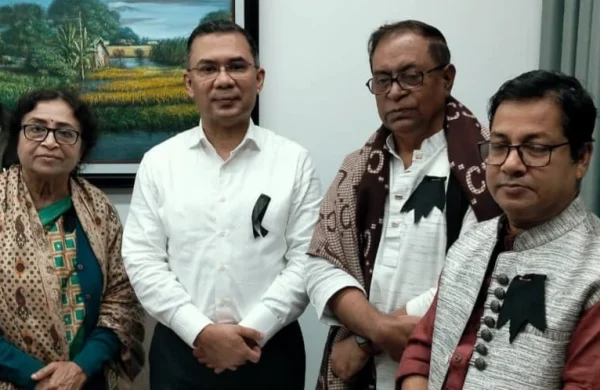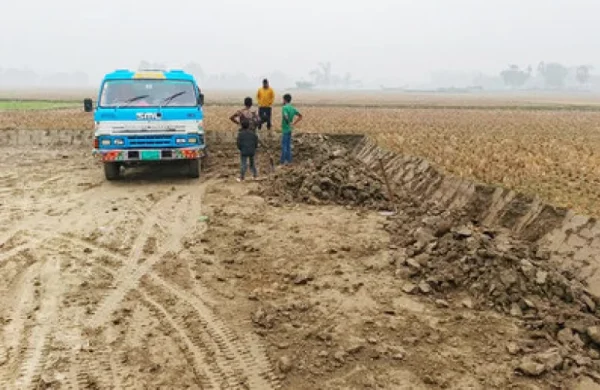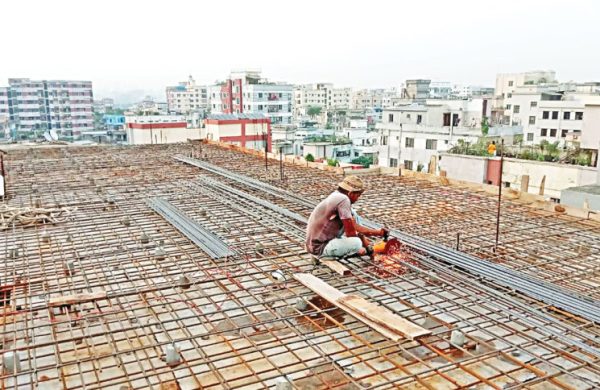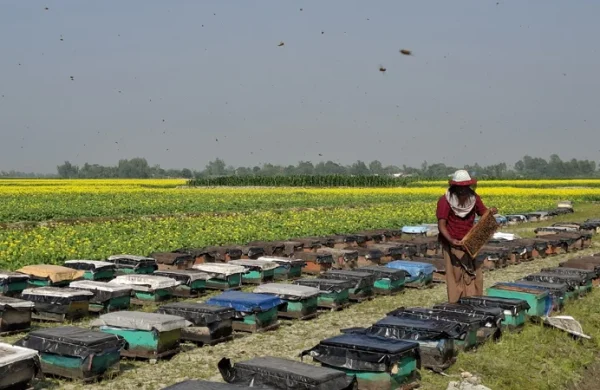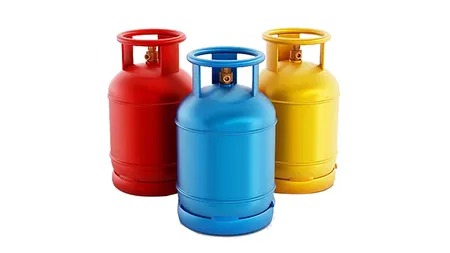HC questions keeping death row convict in condemn cell
- Update Time : Tuesday, April 5, 2022

Court Correspondent:
The High Court yesterday issued a rule questioning the legality of keeping death row convicts in condemn cells before the disposal of their cases.
A bench of Justice Md Mozibur Rahman Miah and Justice Ahmed Sohel issued the rule following a writ petition filed by the three convicts who were in the condemned cells before the death sentence was issued.
At the same time, the court issued a rule asking why Regulation 980 of Bangladesh Jail Code regarding this provision should not be declared unconstitutional.
Besides, it has directed the Inspector General of Prisons (IG Prisons) to submit a report in six months regarding the facilities of the convicts in the condemn cell.
The secretaries of Ministry of Home Affairs and Ministry of Law, Justice and Parliamentary Affairs, inspector general of police (IGP), IG Prisons and senior jail supers in Chattogram, Sylhet and Cumilla were made respondents to the rule and asked to respond to the rule in four weeks.
Lawyer Mohammad Shishir Manir appeared for the writ petition in the court while Deputy Attorney General Bipul Bagmar represented the state.
Shishir said there is no legal provision to execute the death sentence immediately after the verdict is pronounced in the court. There are a number of necessary legal steps that must be taken to execute a death sentence.
“The approval of the High Court Division is required to carry out execution under Section 374 of the Criminal Procedure Code. At the same time, according to Section 410 of the Criminal Procedure Code, there is a provision to file an appeal in the High Court Division,” said the lawyer.
If the High Court Division upholds the death penalty, the convicted person may appeal directly to the Appellate Division as a constitutional right, he added.
Besides, under Article 105 of the Constitution, there is a legal opportunity to appeal against the verdict of the appellate court.
Above all, a death row convict can seek an apology from the President under Article 49 of the Constitution. If the President does not grant the pardon then the death penalty is legal.
But the convict is kept in the condemn cell immediately after the verdict of death penalty in the judicial court of Bangladesh, said lawyer Shishir.
On September 2 last year, three death row convicts filed the writ petition in the High Court. Their appeals against the death penalty are still pending in the High Court.
Before HC approves the death penalty, taking the covict to the condemn cell is violation of the fundamental rights given in Articles 27, 31 and 32 of the Constitution, reads the writ petition.
Similarly, keeping the convict in condemn cell before disposal of the review petition and clemency appeal to the President is violating the fundamental rights enshrined in the Constitution, it added.


